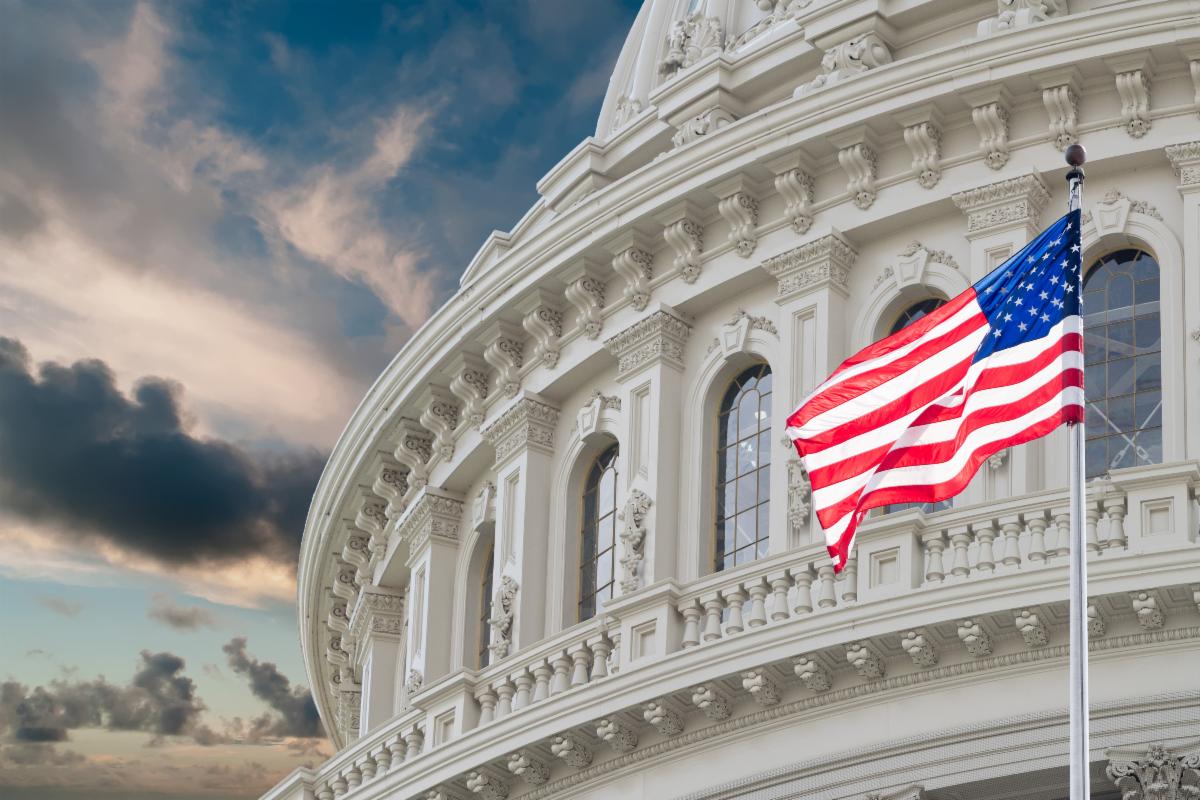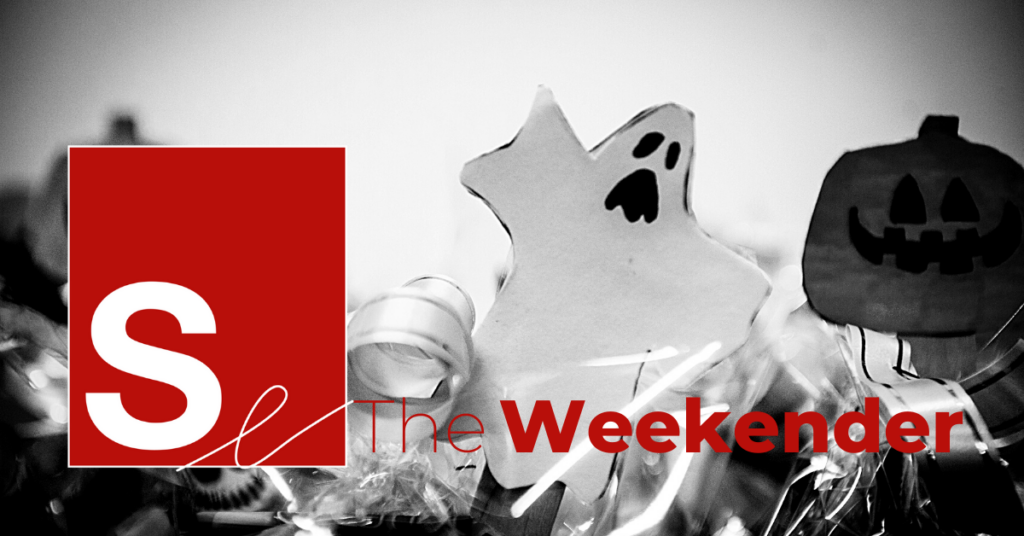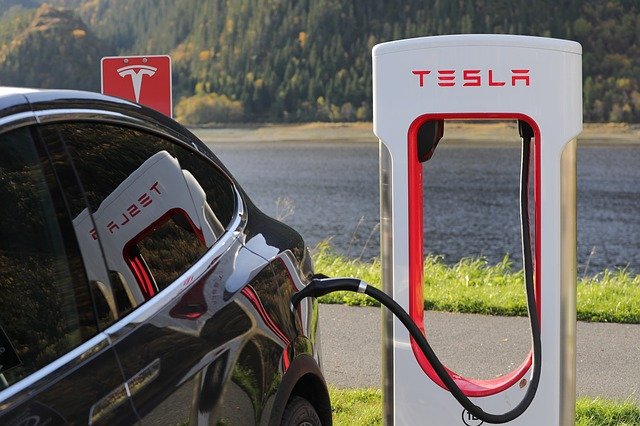Welcome to a new edition of The Weekender…where Congress is discussing the most targeted tax bill yet, and college enrollment rates have plummeted for another year, creating future issues for the U.S. economy. Also, Facebook continues to face global heat amid another whistleblower stepping forward, amplifying questions many have about the company’s ethics issues and potential corruption. Read about this and more in this week’s particularly spooky edition of The Weekender. Thanks for joining us, and Happy Halloween!
THE BIG FIVE

The progressive messaging of “tax the rich” has gotten unusually specific. Senate Democrats have put forward what they call the “billionaire tax” in U.S. President Joe Biden’s social-spending and climate-change legislation. The bill targets a smaller group of individuals than any other tax in American history. The tax would target those with $1 billion in assets or $100 million in income for three consecutive years. Currently, the tax would target only 700 taxpayers. In addition, the spotlight continues to follow U.S. Senators Kyrsten Sinema and Joe Manchin, the two politicians who have been vocal in their opposition to the $3.5 trillion plan. Business groups are putting pressure on the moderate Democratic Senators to cut tax increases out of the plan with aggressive ad campaigns and lobbying efforts. However, neither the senators nor the business groups are out of the woods yet. Senator Sinema, who opposes tax hikes, openly supports a minimum tax on corporations, while Senator Manchin has openly said he supports a 25 percent top corporate rate. You may remember that we brought you the story of how leaked IRS documents revealed wealthy Americans and companies avoided taxes and spent millions on lobbying back in June. The ProPublica report showed that some of the country’s wealthiest individuals paid fractions of their wealth in taxes. The issue of how to tax America’s wealthiest individuals is not going away anytime soon. Read more in The Wall Street Journal.
The typical college student may not look the same in the coming years. Here’s why.

Ladies and Gentlemen: Start your (electric) engines.
Car rental retailer Hertz has recently announced a partnership with Uber to add up to 50,000 Tesla vehicles to their services. The deal marks the largest electric vehicle purchase ever. The partnership would allow Uber drivers to rent the cars in Los Angeles, San Diego, San Francisco, and Washington D.C. Uber said that while some drivers prefer to drive their own vehicles, other Uber drivers do not. The company also added that this program is a step towards its zero-emission goal, indicating a changing auto industry. Uber additionally noted that while this movement towards electrification is advancing the company’s goals, owning an electric vehicle is often more expensive than a traditional gas-powered vehicle. While this deal amplifies the growth of the electric vehicle market, it also notes issues presented by electrification. The quick adoption of electric vehicles nationwide offers challenges to local infrastructure. Some studies show that as more electric vehicles come onto the grid, the U.S. will require as much as 25 percent more electricity than it does today. The electrical grid is just scratching the surface of the significant updates that utilities and small fuel retailers may have to make nationwide if companies like Hertz and Uber keep moving in the electric direction. Read more in The Hill.
Facebook’s most prominent PR crisis continues.

Halloween: Trick or treating, pumpkin carving, and politics?

INTERNATIONAL SPOTLIGHT
How China’s COVID-Zero policy is slowing global business.

DATA POINTS
172%: The percentage increase of the number of out-of-stock messages online compared to January 2020. U.S. consumers hoarded $2.3 trillion in pandemic-era savings, making for an even slicker slope heading into the holiday season.
10: The days (as of Friday) until foreign travelers will be allowed entry to the U.S. with proof of full COVID-19 vaccination with a shot authorized by the World Health Organization and a negative test within three days of departure.
$100 billion: The estimated amount of climate aid the United Nations will provide annually to developing countries. This commitment is part of a plan to eliminate the failure of industrialized nations to follow through on their financial obligations.
10 inches: The amount of rain that fell on the West Coast on Sunday during what experts call a series of mighty “atmospheric river” storms, delivering historic amounts of rainfall across the region.
41,000+: The number of customers without power in Massachusetts early Wednesday morning as a nor’easter unleashed powerful winds and heavy rain on the state. Reports found gusts of 60 mph forecast for coastal New England.
8,263: The number of hate crimes reported to the FBI in 2020, up 13% since 2019 and the highest recorded in nearly two decades. 2021 is on track to exceed last year’s spike as houses of worship across faiths are experiencing vandalism, arson, and threats.
$10 billion: The amount Americans are expected to spend on Halloween this year. Google’s annual FrightGeist tracker results found the ten most popular Halloween costumes this year range from a witch to Cruella de Vil to Chucky the doll.
$100 million/year: The annual income that will be a part of the Billionaires Income Tax proposal. Senate Democrats say the proposal would raise “hundreds of billions of dollars” from the mega-rich.
50: The number of television ads since August invoking former President Trump’s name. This continued repetition of his namesake is more evidence of how polarizing and motivating the former president’s figure remains for Democrats and Republicans alike.
FEATURED TWEET
A Republican Senator Dressed His Dogs as Kyrsten Sinema and Mitch McConnell for Halloween https://t.co/PcmINNTsxg
— People (@people) October 28, 2021
Credit: People on Twitter.
To receive a copy of The Weekender every Friday in your inbox, sign up here. Be sure to follow us on Facebook, Twitter, and LinkedIn for more news and industry updates.



